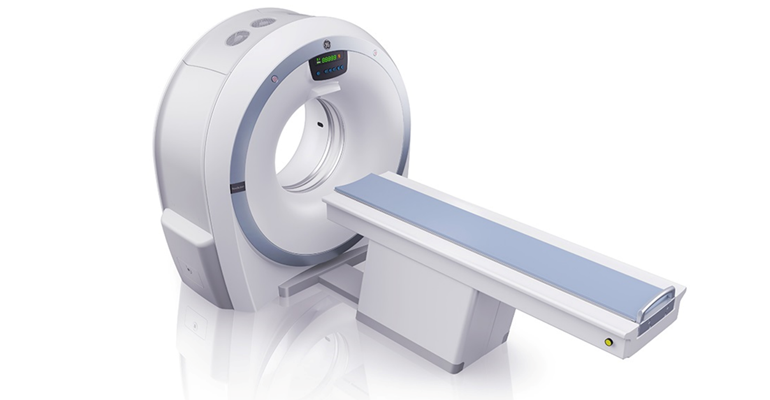


CT (Computed Tomography) scans, also known as CAT (Computerized Axial Tomography) scans, are advanced medical imaging procedures that utilize X-rays and computer technology to create detailed cross-sectional images of the body. These images provide valuable diagnostic information for a wide range of medical conditions, allowing doctors to make accurate diagnoses and treatment plans.
During a CT scan, the patient lies on a table that moves through a doughnut-shaped machine called a CT scanner. The scanner emits X-rays from various angles around the body, which are detected by sensors on the opposite side. A computer then processes these signals to create detailed cross-sectional images, or "slices," of the body. These images can be viewed individually or reconstructed into 3D representations for further analysis by doctors.
After your CT scan test, the images will be interpreted by a radiologist, who will generate a report detailing their findings. Your CT scan centre doctor or healthcare provider will then discuss the results with you and explain their implications for your health.
CT scan results may include:
It's important to follow up with your doctor or healthcare provider to discuss the implications of your CT scan results and determine any necessary next steps in your treatment or care plan. If you have any questions or concerns about your results, don't hesitate to reach out to your healthcare provider for clarification and guidance.
No, undergoing a CT scan is generally painless. You may experience mild discomfort from lying still during the procedure or from the sensation of the contrast dye injection, if required. However, the scan itself is not painful.
The duration of a CT scan varies depending on the area being scanned and the specific protocol. Most scans take only a few minutes to complete.
Preparation requirements may vary depending on the type of CT scan being performed. Your doctor or healthcare provider will provide specific instructions, which may include fasting or avoiding certain medications.For a contrast study normal renal function ( s.creatinine) is required.
While CT scans are generally safe, some people may experience allergic reactions to contrast dye or discomfort from lying still during the procedure. Rarely, there may be complications related to contrast dye administration.
Generally, CT scans are avoided during pregnancy unless essential for medical reasons. Inform your healthcare provider if you are pregnant or suspect you might be before scheduling a CT Scan Service.
CT scans are used to diagnose a wide range of medical conditions, including but not limited to injuries, tumors, infections, bone disorders, and vascular diseases.
Ready to book your CT scan? Contact Akshar Imaging Centre in Gota, Ahmedabad now to schedule your appointment and ensure accurate diagnosis with our state-of-the-art technology and expert medical team.
Each type of CT scan serves a specific diagnostic purpose, allowing healthcare providers to accurately assess and diagnose a wide range of medical conditions. If you have questions about which type of CT scan is most appropriate for your medical needs, please consult with your doctor or healthcare provider.